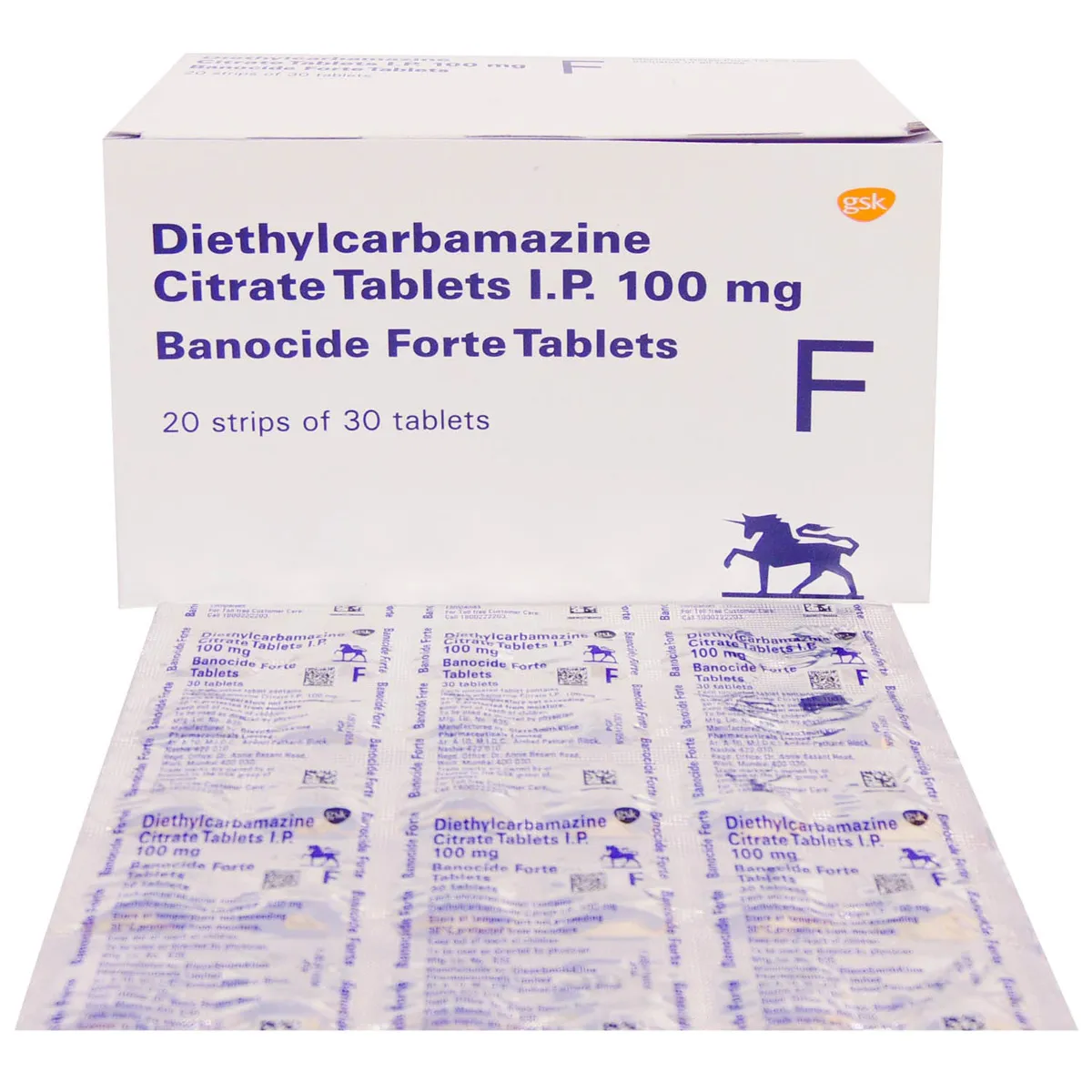Tonsillectomy, a surgical procedure to remove the tonsils, is often recommended for adults suffering from chronic tonsillitis or other related conditions. If you’re considering or have recently undergone a tonsillectomy, you may wonder about the dietary choices that can help ease your recovery. In this guide, we’ll provide a comprehensive overview of the post-tonsillectomy diet, recovery tips, and how to cure tonsillitis without antibiotics.
The Importance of a Post-Tonsillectomy Diet
Tonsillectomy is a significant medical procedure, and proper post-operative care, including the right diet, plays a crucial role in your recovery. Here are some key factors to consider:
- The decision to undergo a tonsillectomy may stem from chronic tonsillitis. While antibiotics can be a temporary solution, surgery provides a more permanent solution. Post-surgery, focusing on a diet that supports healing can reduce the need for antibiotics in the long run.
- Tonsillectomy recovery in adults varies from person to person, but there are common aspects to consider. One of the most important factors is your diet. Proper nutrition can speed up the healing process and minimize discomfort during recovery.
- You might be concerned about the tonsil removal surgery cost in UK. The National Health Service (NHS) usually covers the cost of necessary tonsillectomy procedures. However, private clinics also offer the surgery for those who prefer quicker access or additional services.
The Post-Tonsillectomy Diet
Phase 1: The First Few Days
In the immediate post-operative period, your throat will likely be sore and swollen. Your diet should consist of clear liquids and soft foods to avoid irritation. Consider the following options:
- Clear Broths: Warm, clear broths like chicken or vegetable broth provide hydration and some nutrients.
- Popsicles: Sugar-free popsicles can soothe the throat and prevent dehydration.
- Applesauce: Smooth and easy to swallow, applesauce is a good source of vitamins.
- Jell-O: Soft gelatin desserts are gentle on the throat.
- Ice Cream: Opt for non-acidic, creamy ice cream flavors.
Phase 2: Transitioning to Soft Foods
As you recover, you can gradually introduce soft, easy-to-swallow foods:
- Mashed Potatoes: Creamy mashed potatoes are a comforting choice.
- Oatmeal: Soothing and nutritious, oatmeal is a good source of fiber.
- Scrambled Eggs: Soft scrambled eggs provide protein.
- Yogurt: Choose plain or low-sugar yogurt with live cultures for probiotic benefits.
- Pasta: Well-cooked pasta with a smooth sauce can be satisfying.
Phase 3: Returning to a Normal Diet
After the first week, you can begin reintroducing a regular diet, but be mindful of certain foods:
- Avoid Spicy Foods: Spices and hot sauces can irritate the healing throat.
- Limit Acidic Foods: Citrus fruits and tomato-based products may cause discomfort.
- Stay Hydrated: Drink plenty of water to aid in healing and prevent dehydration.
- Soft Meats: Gradually reintroduce soft meats like chicken or fish.
Recovery Tips
To ensure a smooth recovery, follow these essential tips:
- Take Pain Medication as Prescribed: Manage pain and discomfort with prescribed medications.
- Rest and Stay Hydrated: Adequate rest and hydration are vital for healing.
- Avoid Irritants: Stay away from tobacco smoke and alcohol during recovery.
- Follow Medical Advice: Attend follow-up appointments and follow your healthcare provider’s guidance closely.
The Role of Nutrition in Post-Tonsillectomy Recovery
Nutrition plays a crucial role in the recovery process after a tonsillectomy. During the initial days following the surgery, your throat is likely to be sensitive and sore. This discomfort can make it challenging to consume a regular diet. However, choosing the right foods is essential for promoting healing and ensuring you receive adequate nutrients.
- Soft and Nutrient-Dense Foods: To support your recovery, focus on consuming soft and nutrient-dense foods. These foods are easier to swallow and gentle on your healing throat. Consider incorporating items like mashed sweet potatoes, blended soups, and smoothies made with fresh fruits and yogurt.
- Protein for Healing: Protein is a vital component in the healing process. Include protein-rich foods like scrambled eggs, yogurt, and lean meats in your diet. These will help repair tissues and strengthen your immune system.
- Stay Hydrated: Adequate hydration is crucial during recovery. Sip on water throughout the day to prevent dehydration, which can slow down the healing process. You can also incorporate hydrating foods like watermelon and cucumber.
- Supplements: Depending on your specific dietary needs and the advice of your healthcare provider, you might consider taking supplements. Vitamin C, for example, can aid in tissue repair, while zinc supports the immune system. Always consult your doctor before adding supplements to your diet.
Tips for Managing Discomfort and Pain After Tonsillectomy
Pain and discomfort are common after a tonsillectomy, but there are several strategies you can employ to manage these symptoms effectively.
- Pain Medications: Take pain medications as prescribed by your healthcare provider. Over-the-counter pain relievers like ibuprofen or acetaminophen can help reduce pain and inflammation.
- Cold Compress: Applying a cold compress to your neck can help alleviate swelling and discomfort. Use a clean cloth or ice pack wrapped in a thin towel and apply it gently to the affected area.
- Rest and Relaxation: Rest is essential for the healing process. Avoid strenuous activities and give your body the time it needs to recover. Adequate sleep can also aid in the healing process.
- Humidifier Use: Dry air can exacerbate throat discomfort. Using a humidifier in your room can add moisture to the air, making breathing easier and reducing throat irritation.
- Avoid Irritants: Steer clear of irritants such as smoke or strong odours, which can further irritate your healing throat.
- Follow Post-Op Instructions: Adhering to your healthcare provider’s post-operative instructions is crucial. Attend all follow-up appointments, and communicate any concerns or issues you may encounter during your recovery.
Conclusion
Recovering from a tonsillectomy as an adult can be challenging but manageable. Proper nutrition, a post-tonsillectomy diet, and adherence to medical advice are key. Remember that antibiotics may no longer be necessary to treat chronic tonsillitis after a successful tonsillectomy.
For personalized guidance on your tonsillectomy journey, including surgery options and recovery advice, consider contacting ENT LDN, a leading ear, nose, and throat clinic in the UK. Visit their website at ENT LDN to learn more and schedule a consultation.









